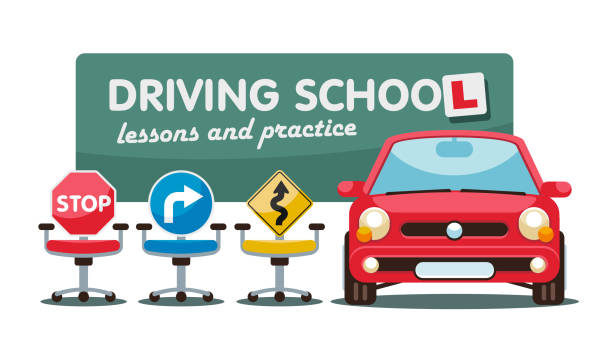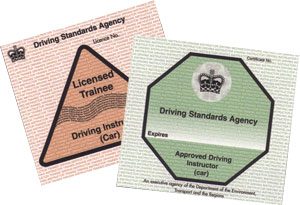Being a driving instructor is a very sociable job, where you spend lots of time in close proximity with your pupils. When teaching there is many things to consider to help you keep your pupils happy and ensure they continue lessons with you. Along with being professional at all times and ensuring you are teaching your pupils to the best of your ability, there a few other things that can go against you.
Personal Hygiene:
Keeping yourself clean and smelling fresh is a top priority when you are teaching a pupil, in a car you are right next to the pupil and with the windows closed in the winter any odours in the vehicle will be amplified and in the summer odours will be heated up due to the increased temperature. Having a quick shower in the morning before you go out on lessons will not only freshen you up, but also wake you up so you are ready to take on the day.
Top tip:
Try reducing the water temperature towards the end of the shower to you end the shower with a blast of cold water, there are many benefits of this which include: Increases endorphins, helps improve metabolism, improves circulation, helps fight off common illnesses and increases mental ability.
Keeping the vehicle clean and hygienic:
You should treat your car as an extension of your house, keep in mind your car is where you will be spending your working day and where your student will be learning. Your vehicle has to be cleaned to the highest standards, so avoiding eating and drinking in your car would be a good start as small spaces can hold smells for a long time. This would also avoid any spills or crumbs, hoovering your car and polishing off any dust is always a good idea. Not forgetting the exterior of the car, either washing your car yourself or going to a professional car wash will ensure your vehicle is appealing to the outside. Remember when you drive your car you are advertising your business to the general public and potential future students.Don’t store anything in your car unless you need it for every trip. There is no point in cluttering your car with things like toys, gym bags, books and magazines. Besides adding to the stress, such items take up valuable space.You can prevent odors by keeping the upholstery clean and dry. Using dryer sheets under the seats and a good car deodorizer will help.
Top tip:
An air freshener will keep your car smelling good at all times, but choose wisely as some can be very overpowering.
Punctuality:
It sometimes is not possible to avoid traffic caused by an unexpected accident but keeping up to date with the latest traffic updates can help you plan out your routes, for example if there is on going roadworks in a certain area then you can make a plan to use different routes. There will of course be times when you can’t avoid it or it is sprung upon you, so having good communication with pupils will really help. If you are running late for any reason parking up and giving them a quick call or a text to inform them you are running behind will be very much appreciated and help ensure you keep a good communication between you and your student.
Rebecca at Britannia says:
Comments(0)These are all extremely important tips that can help to ensure an instructor can retain their pupils.
 Buy Gifts Vouchers Here
Buy Gifts Vouchers Here Intensive Driving Courses
Intensive Driving Courses Driving Test Booking Services
Driving Test Booking Services








